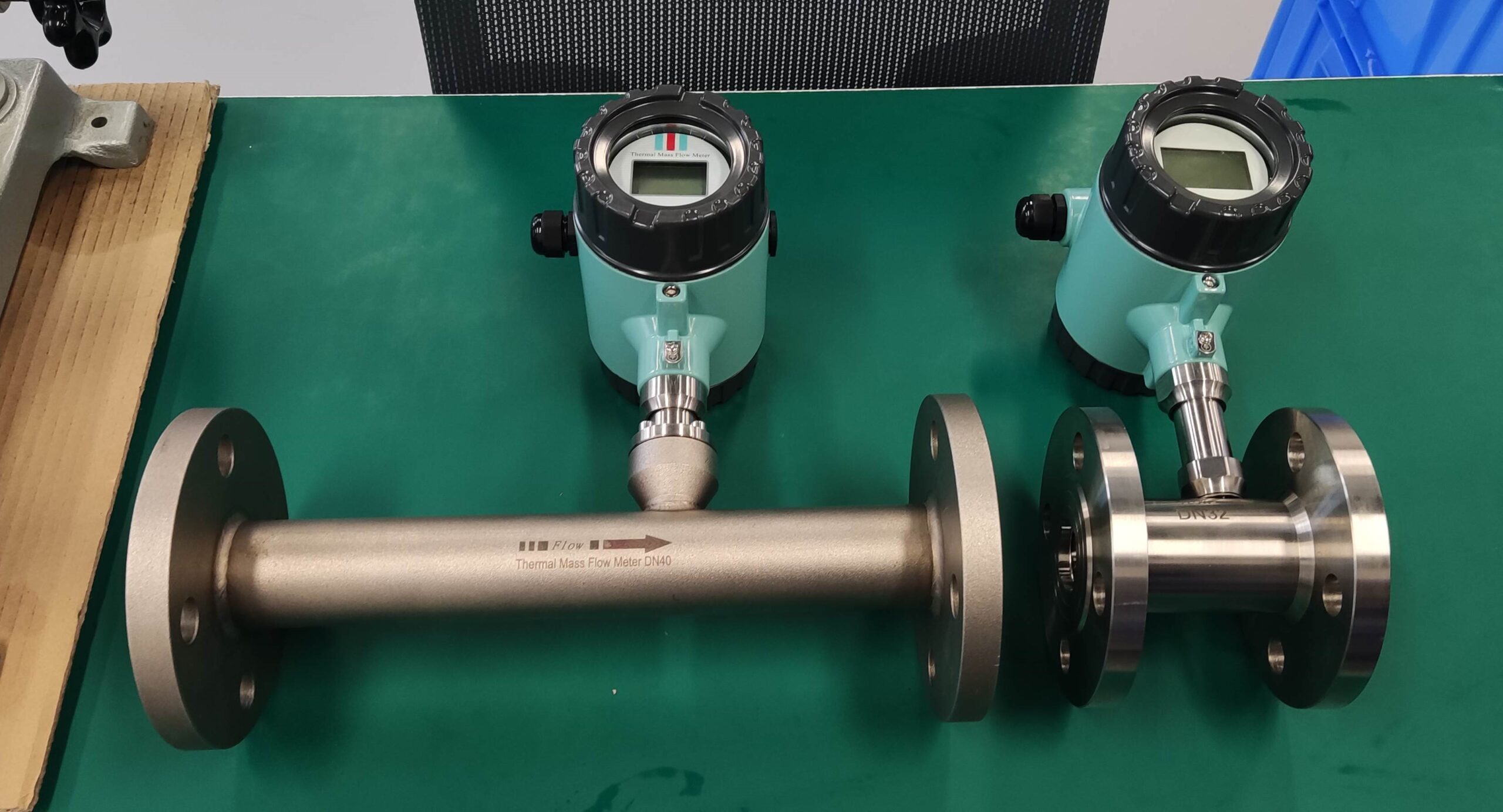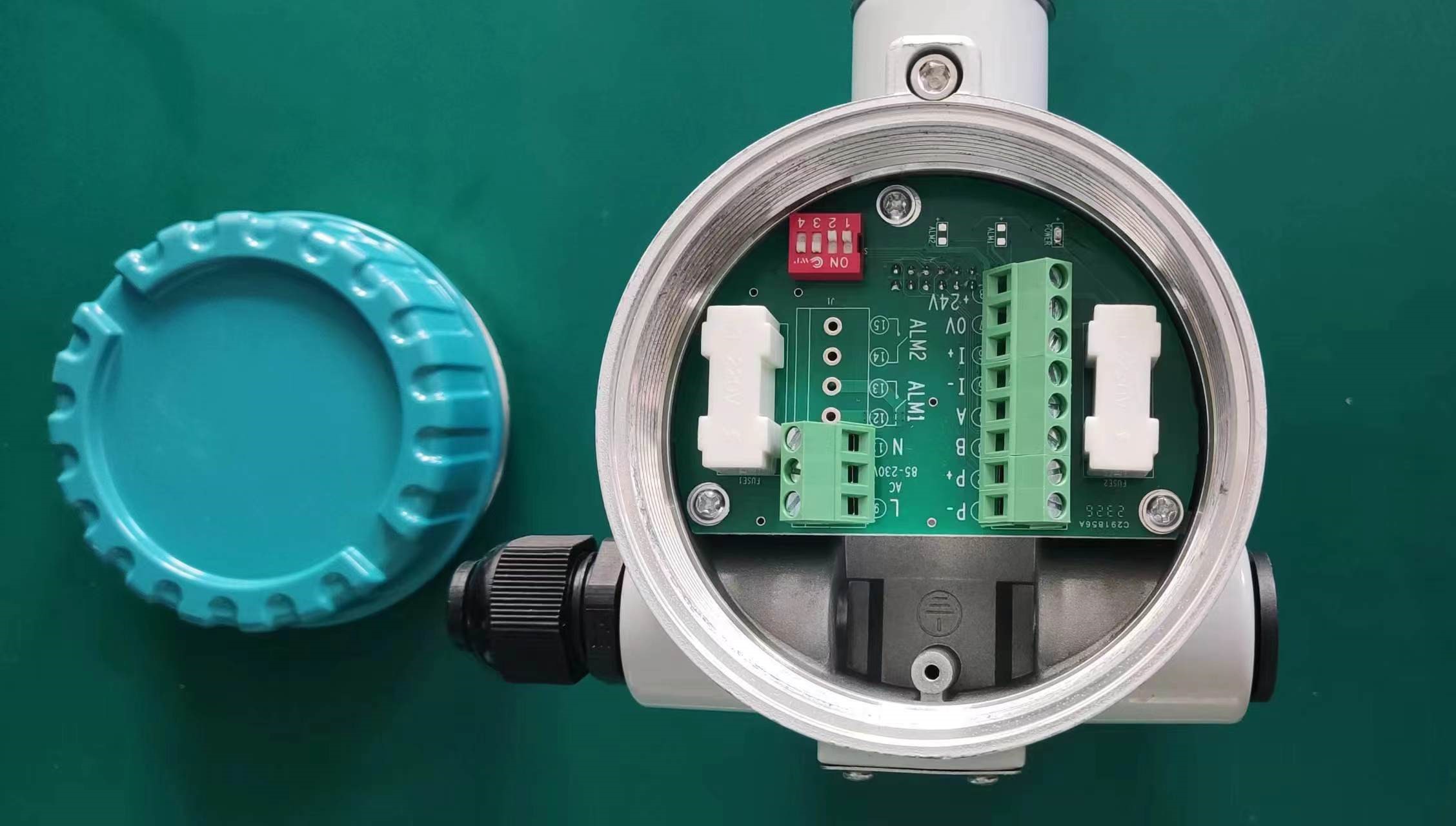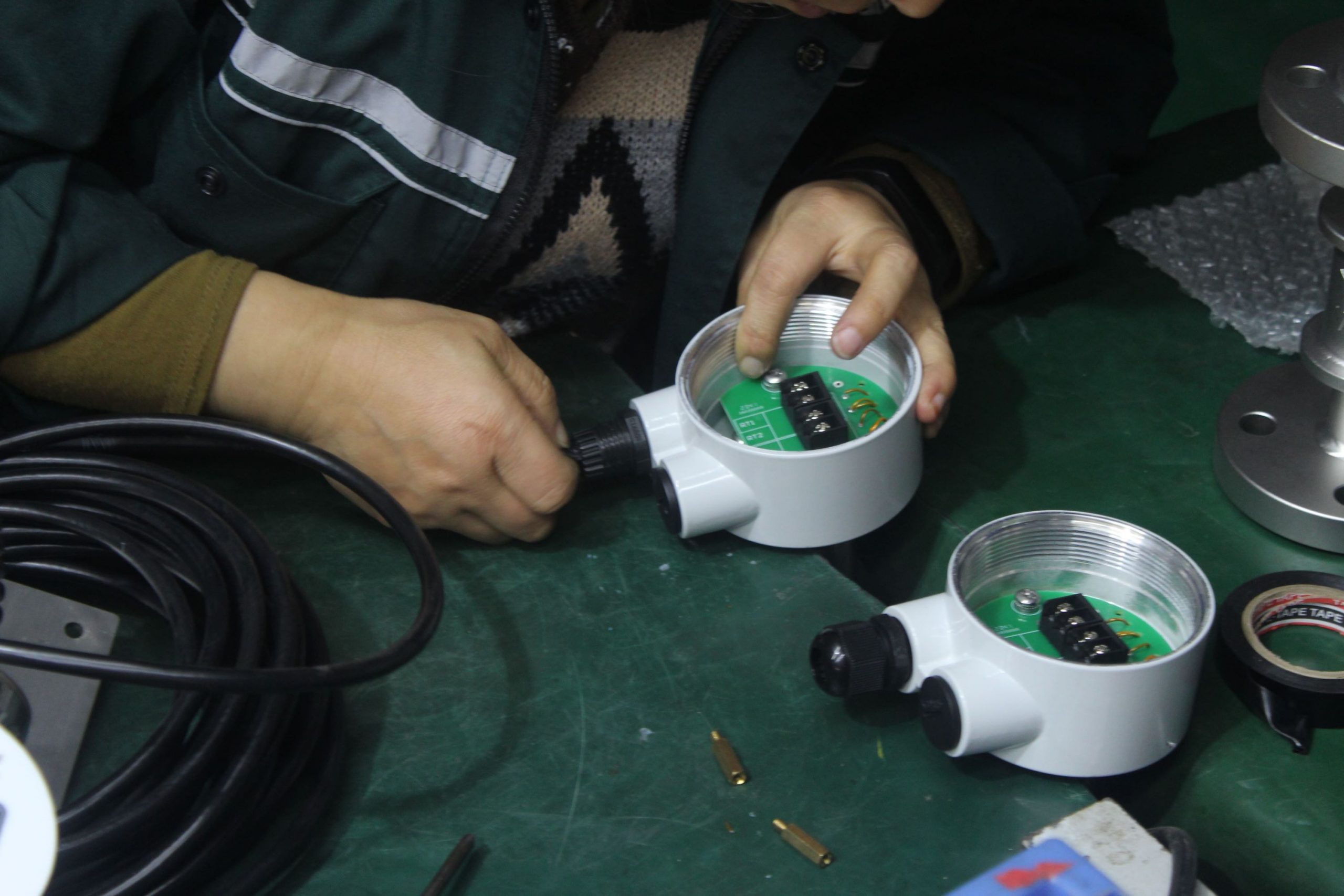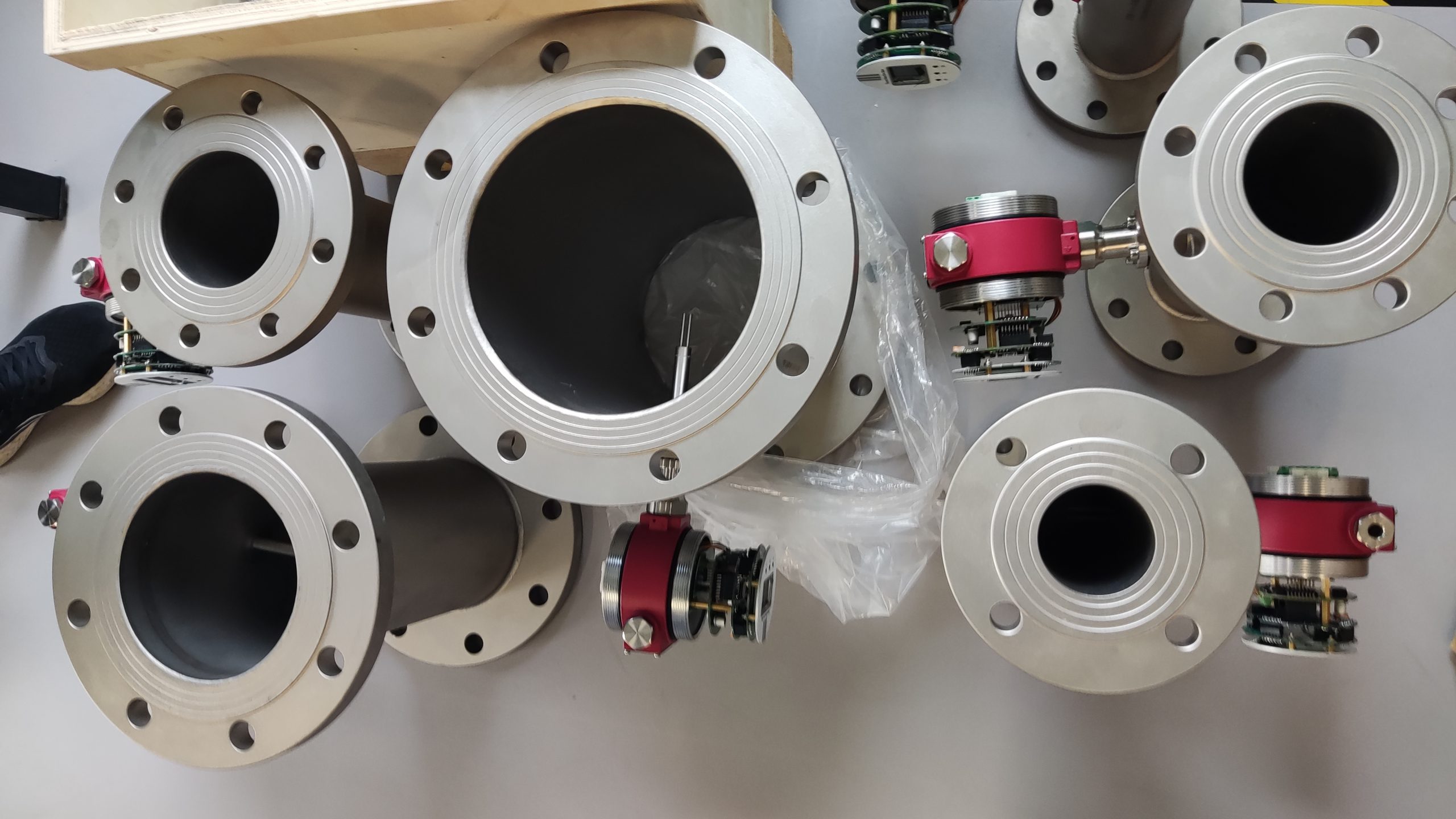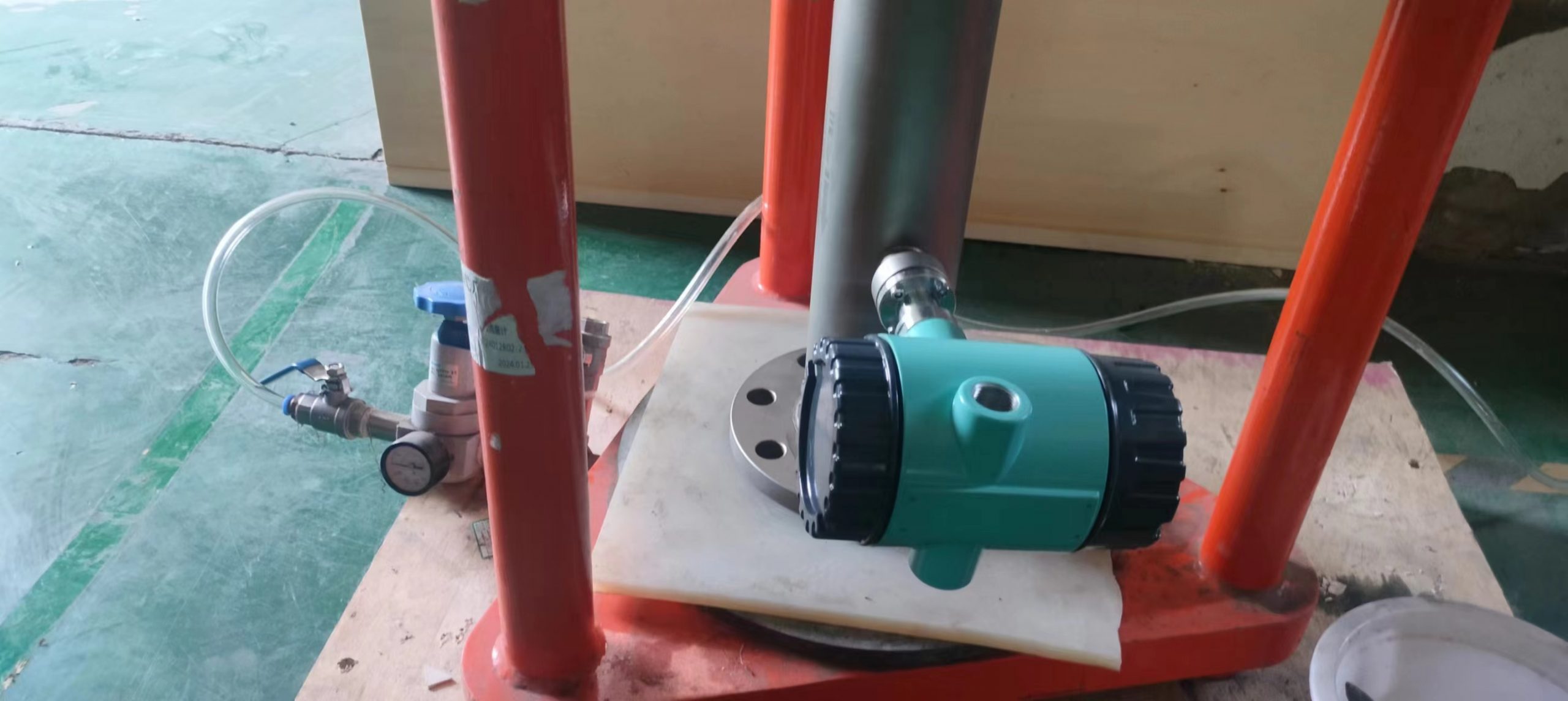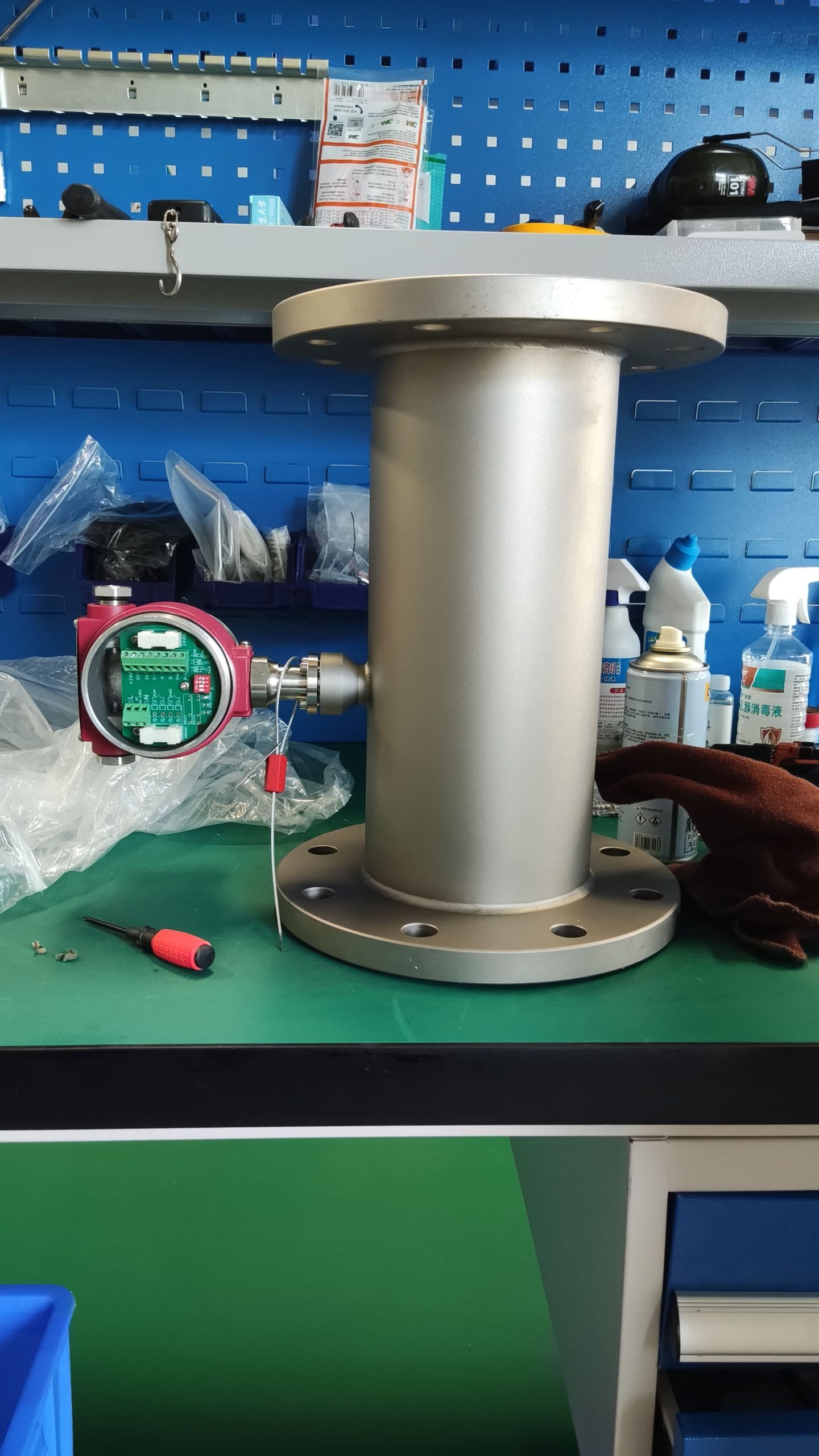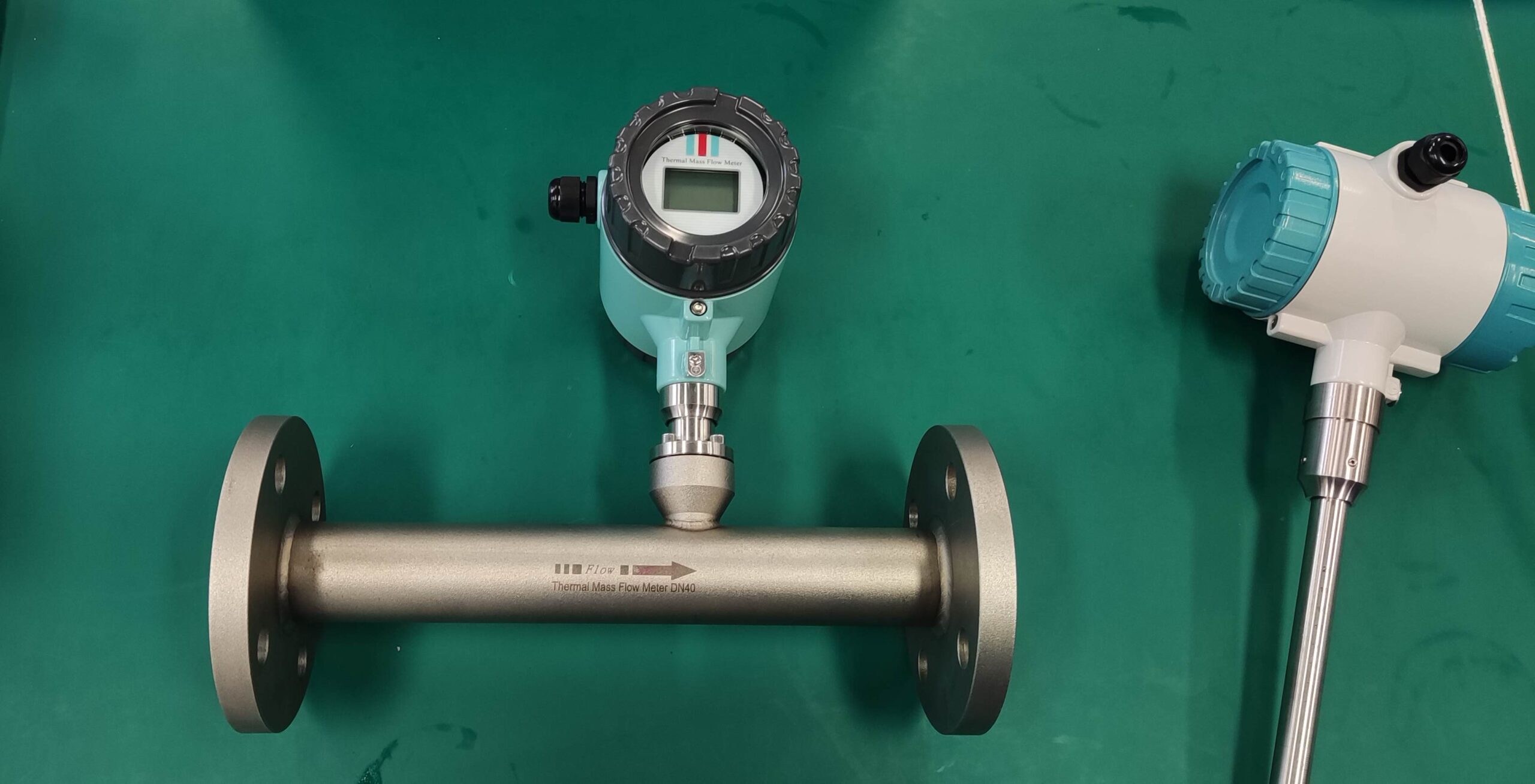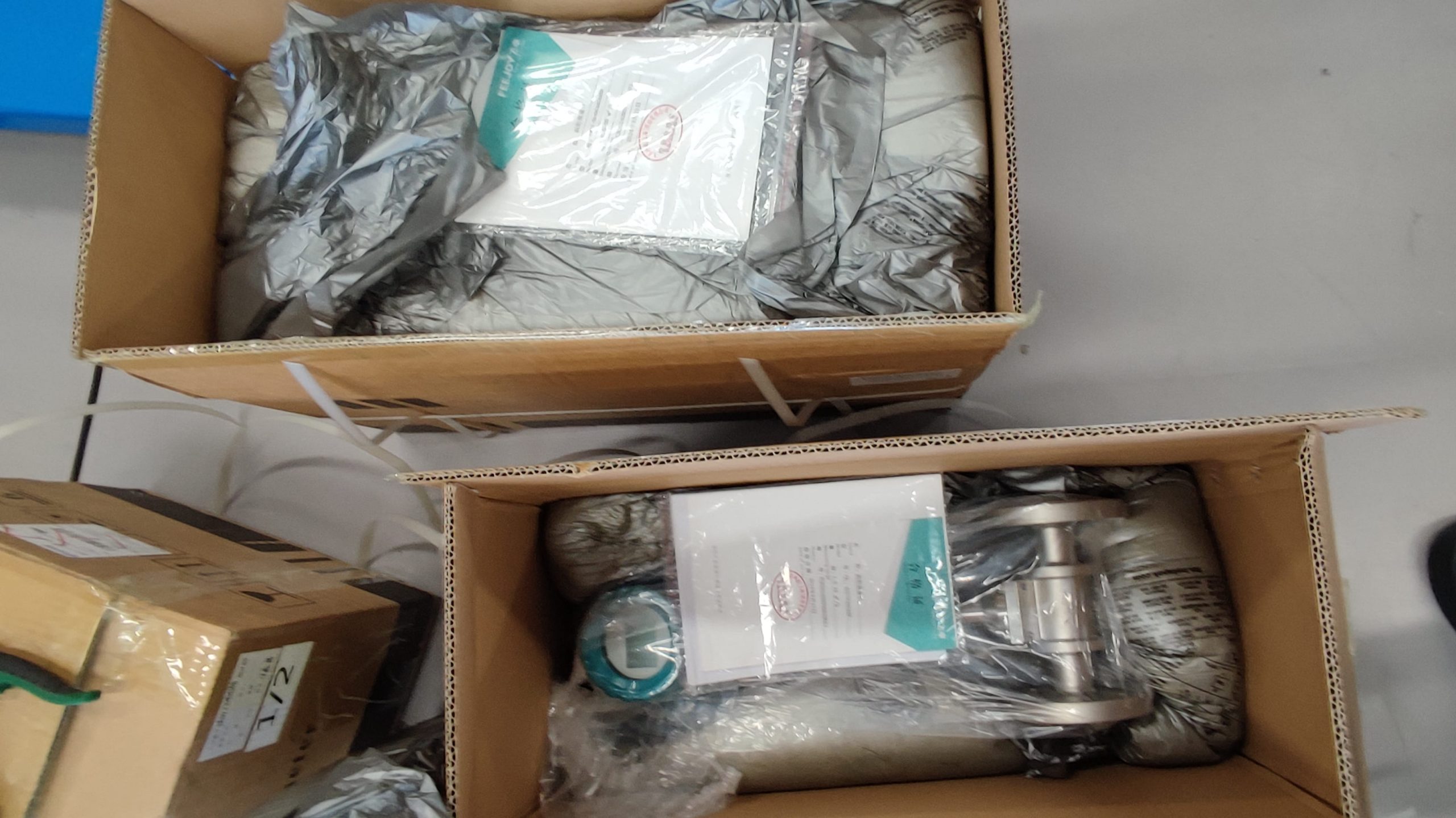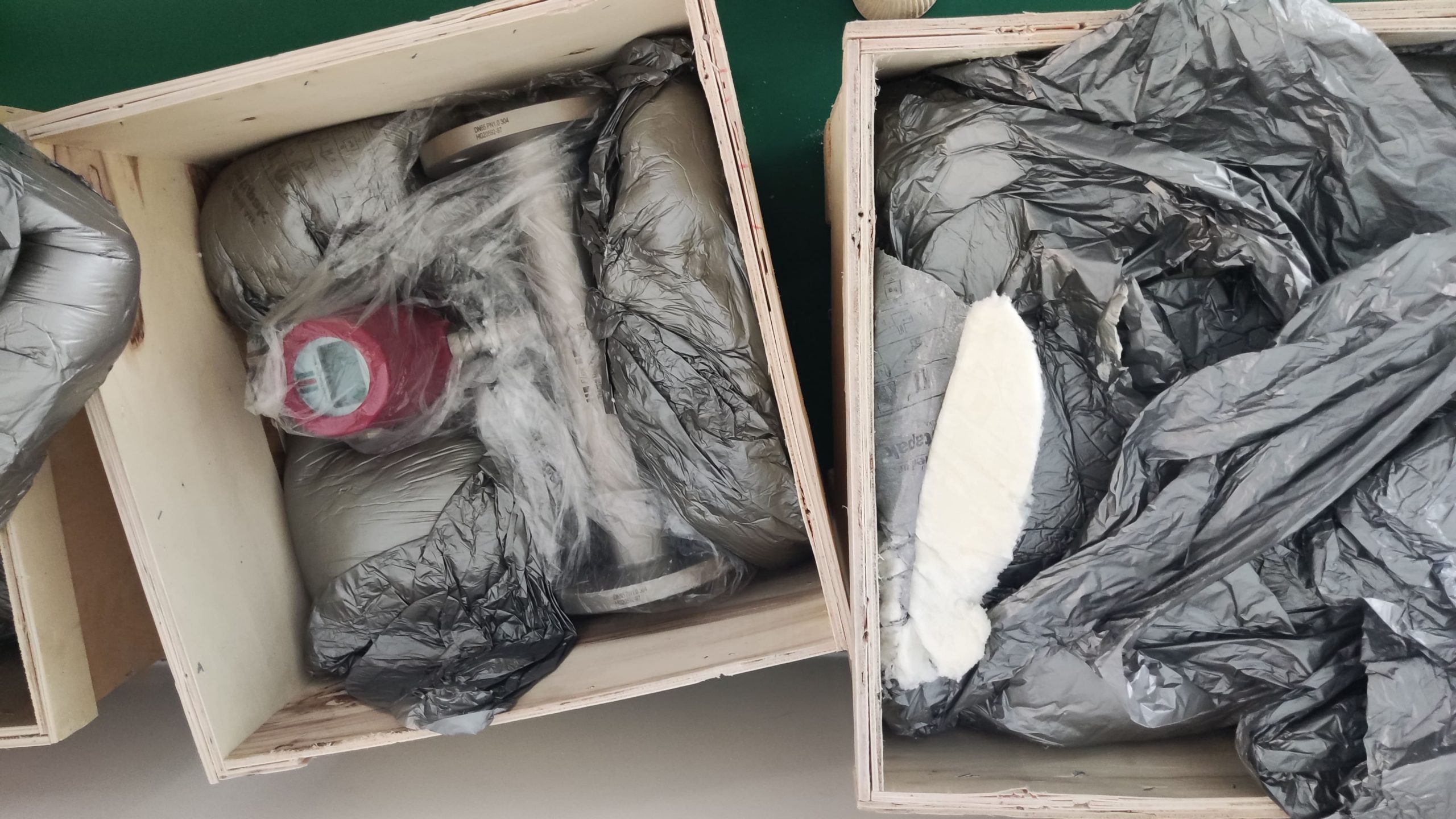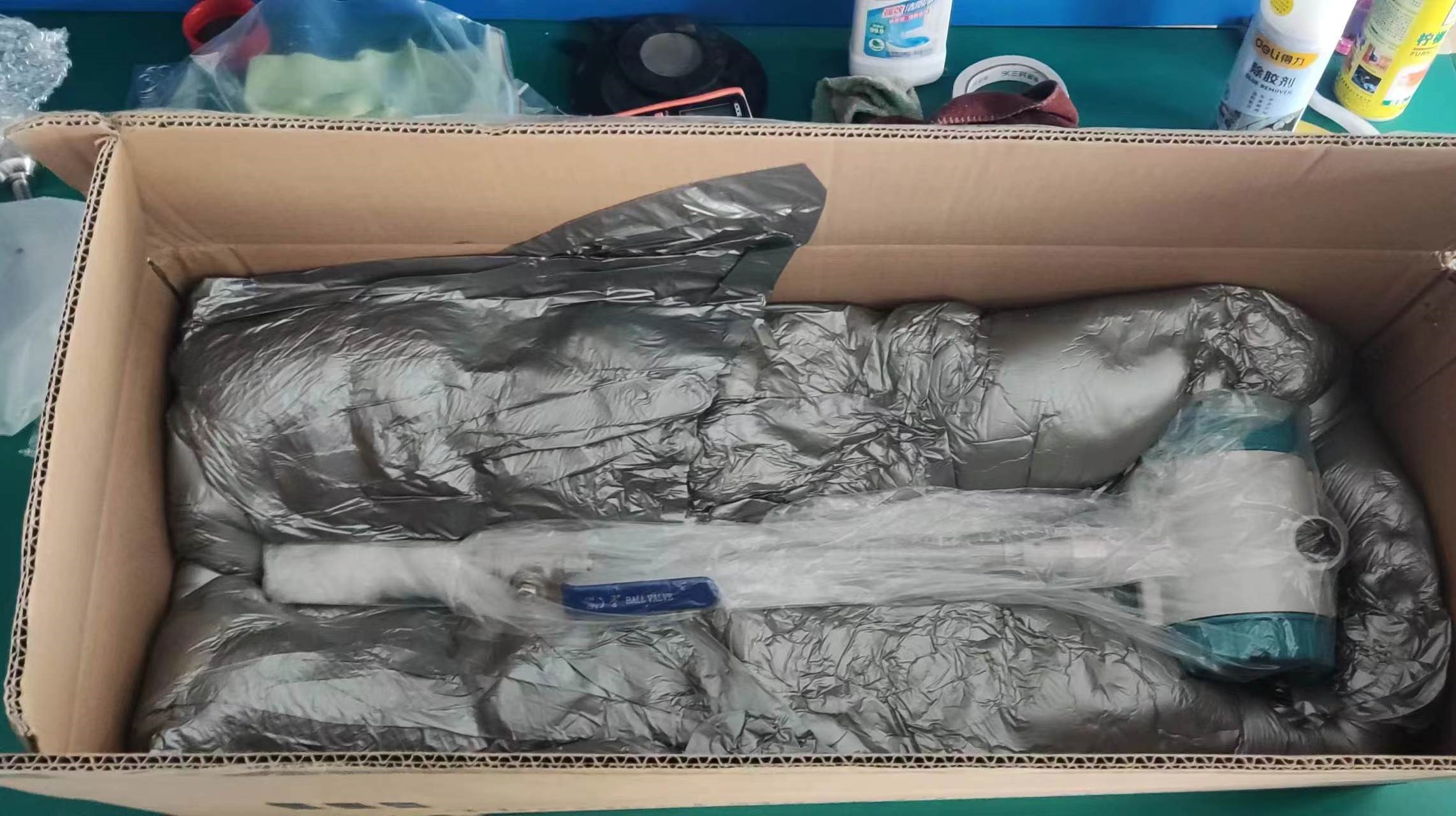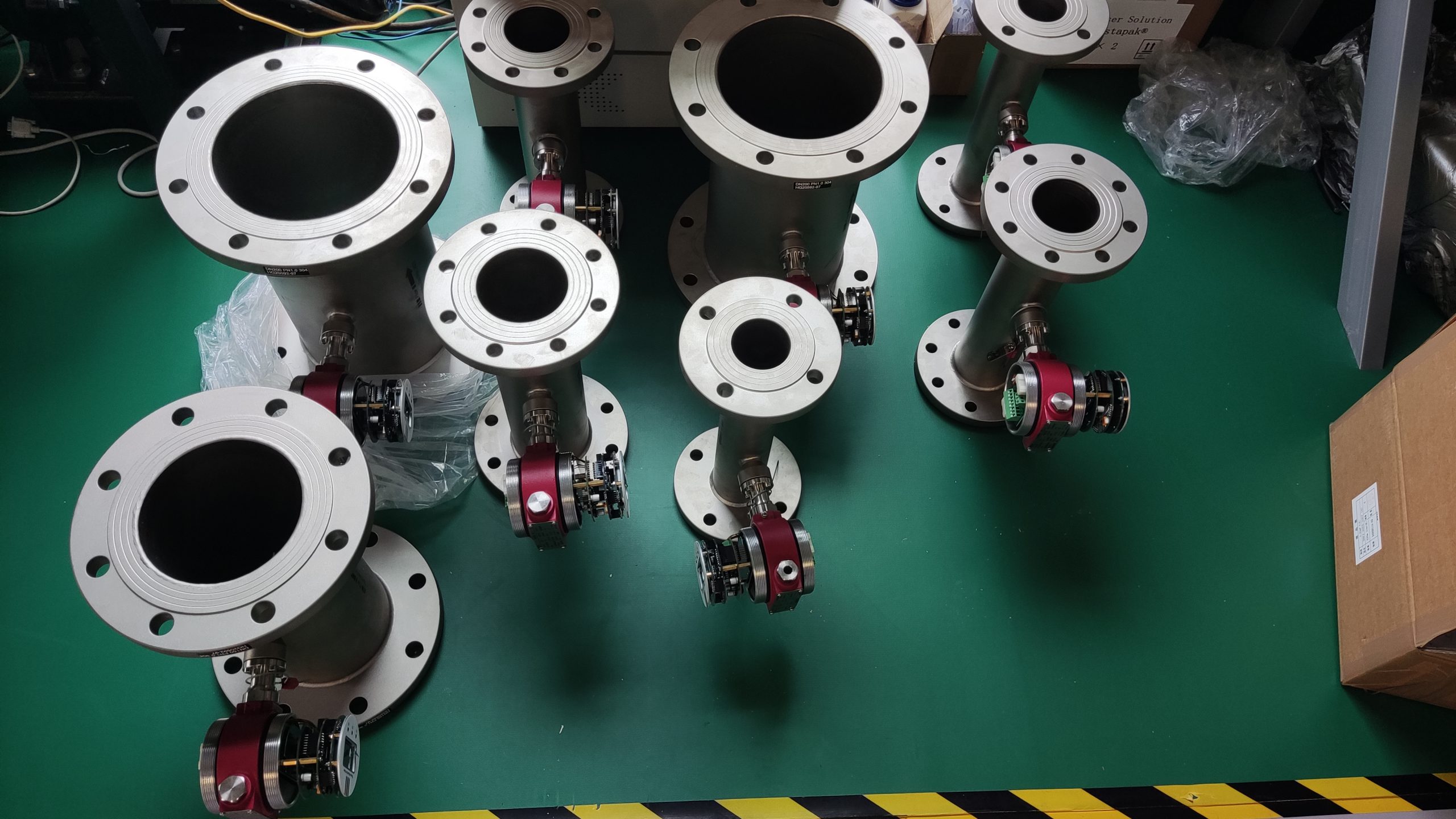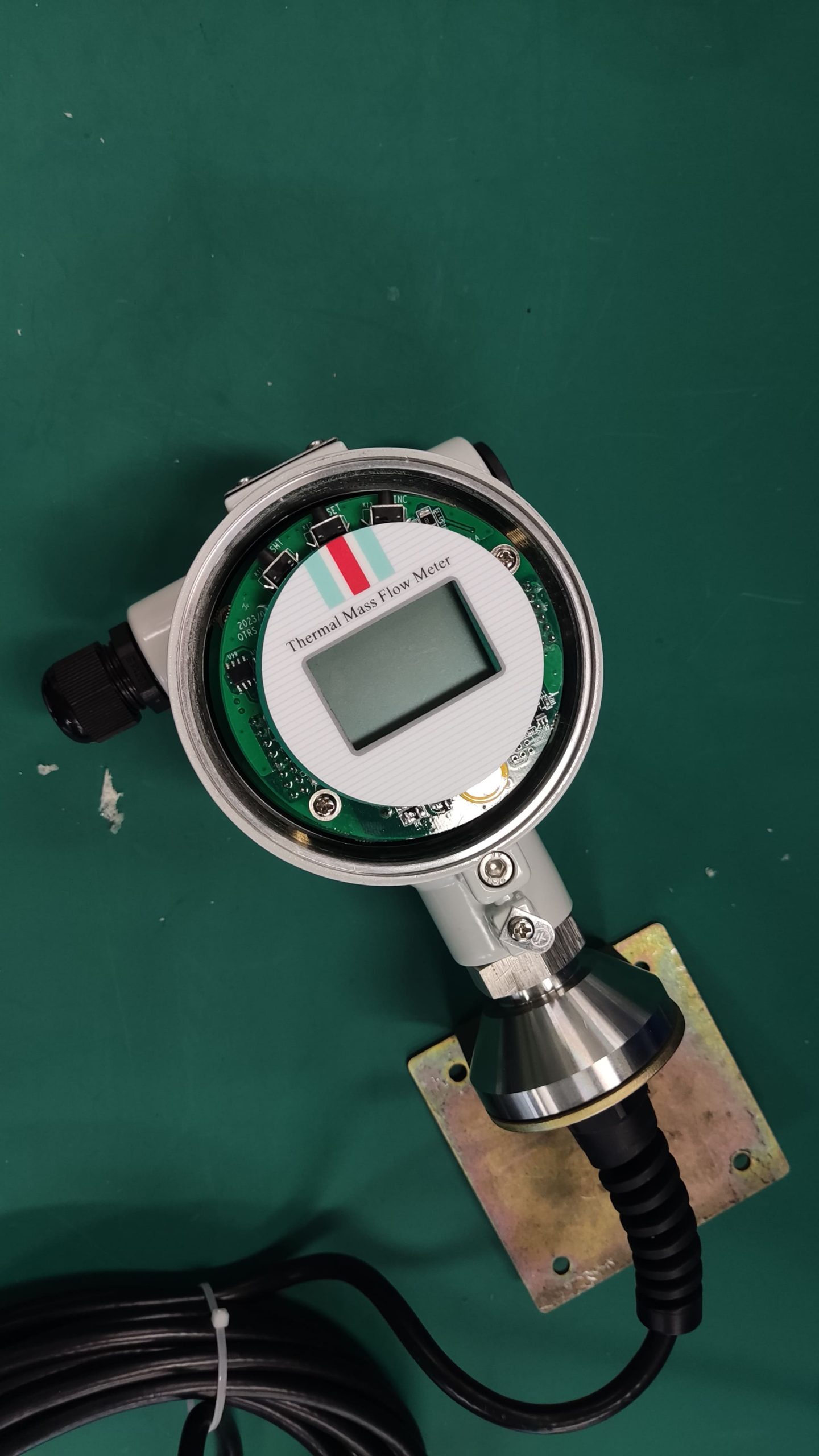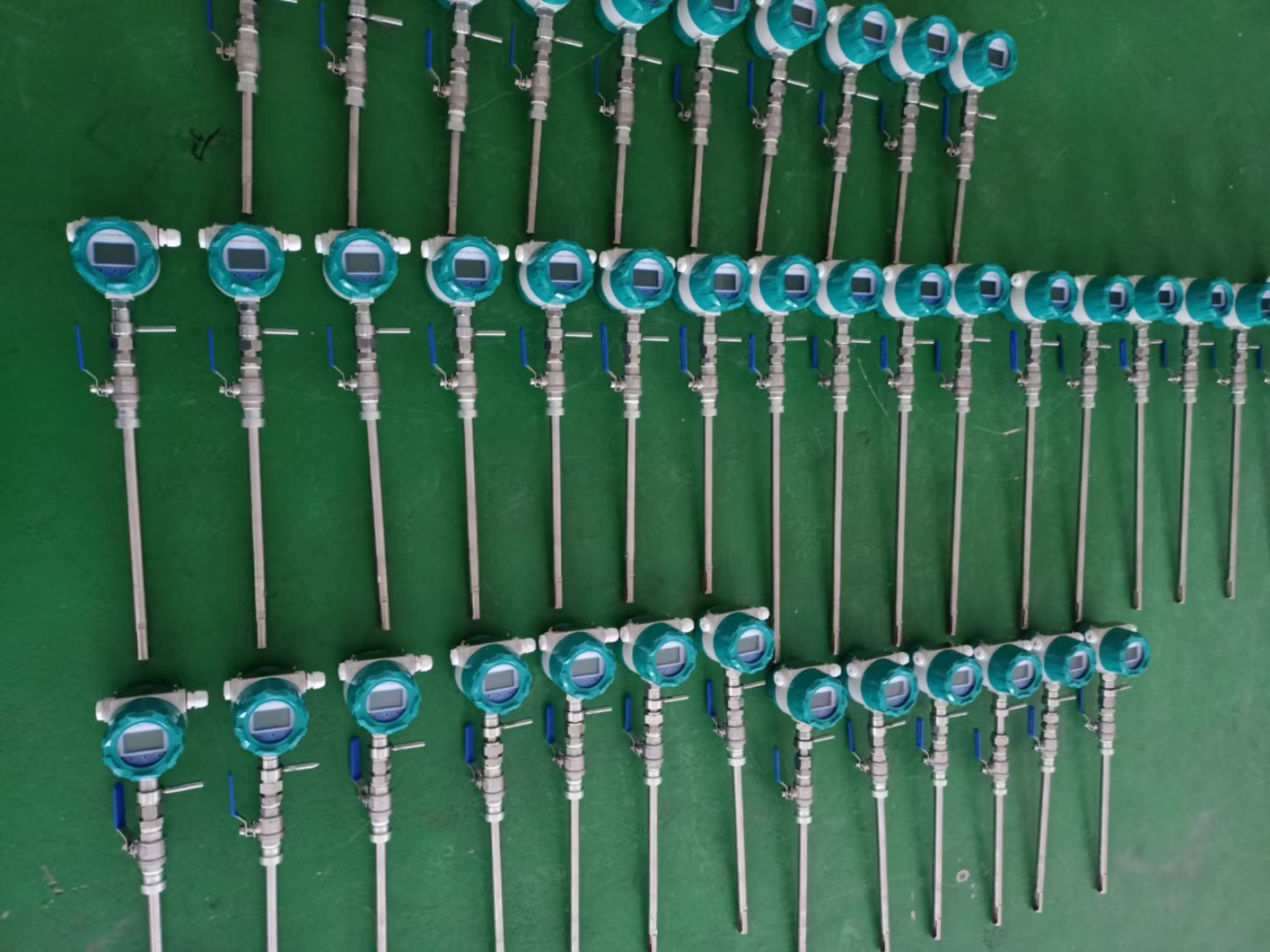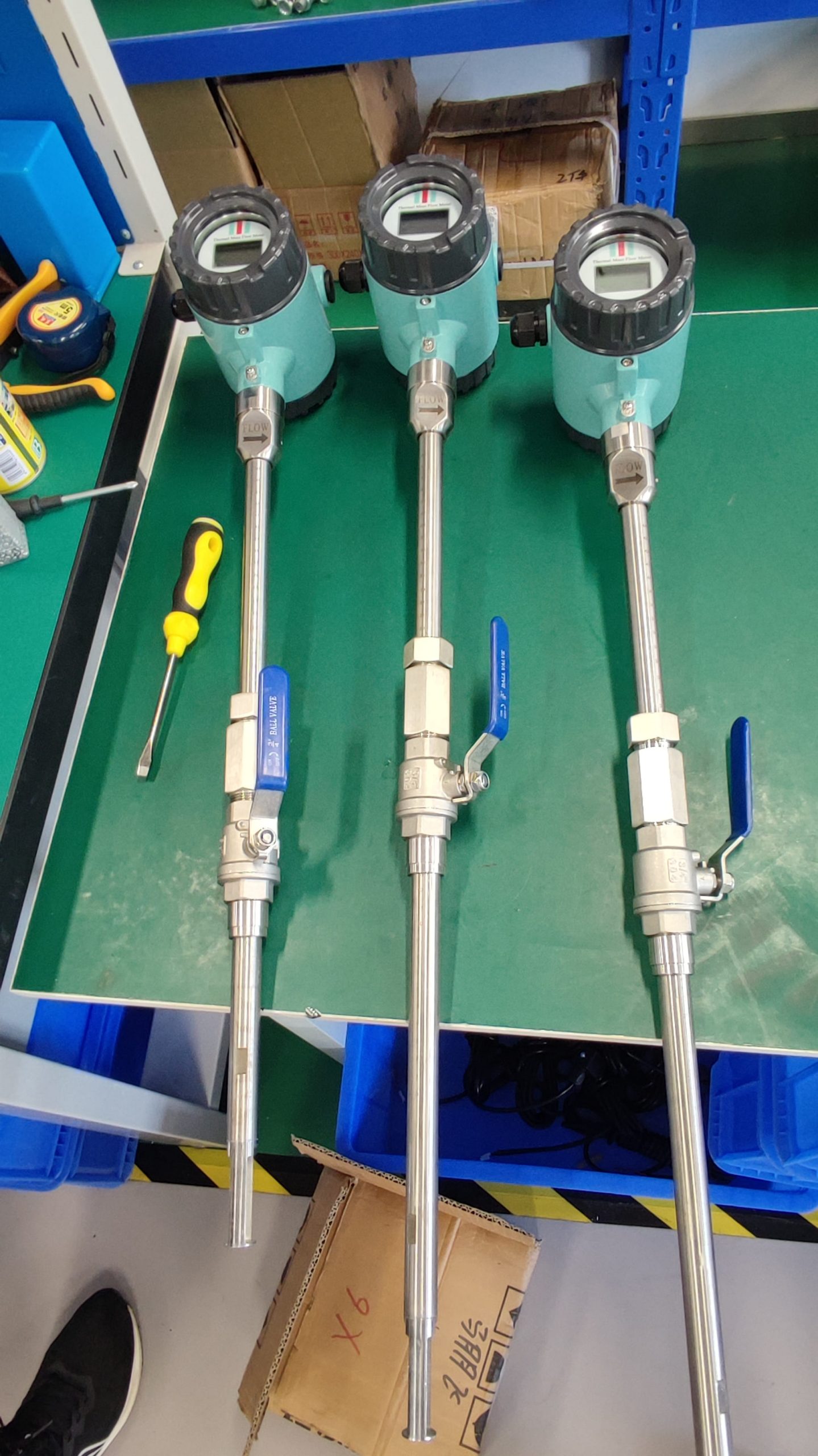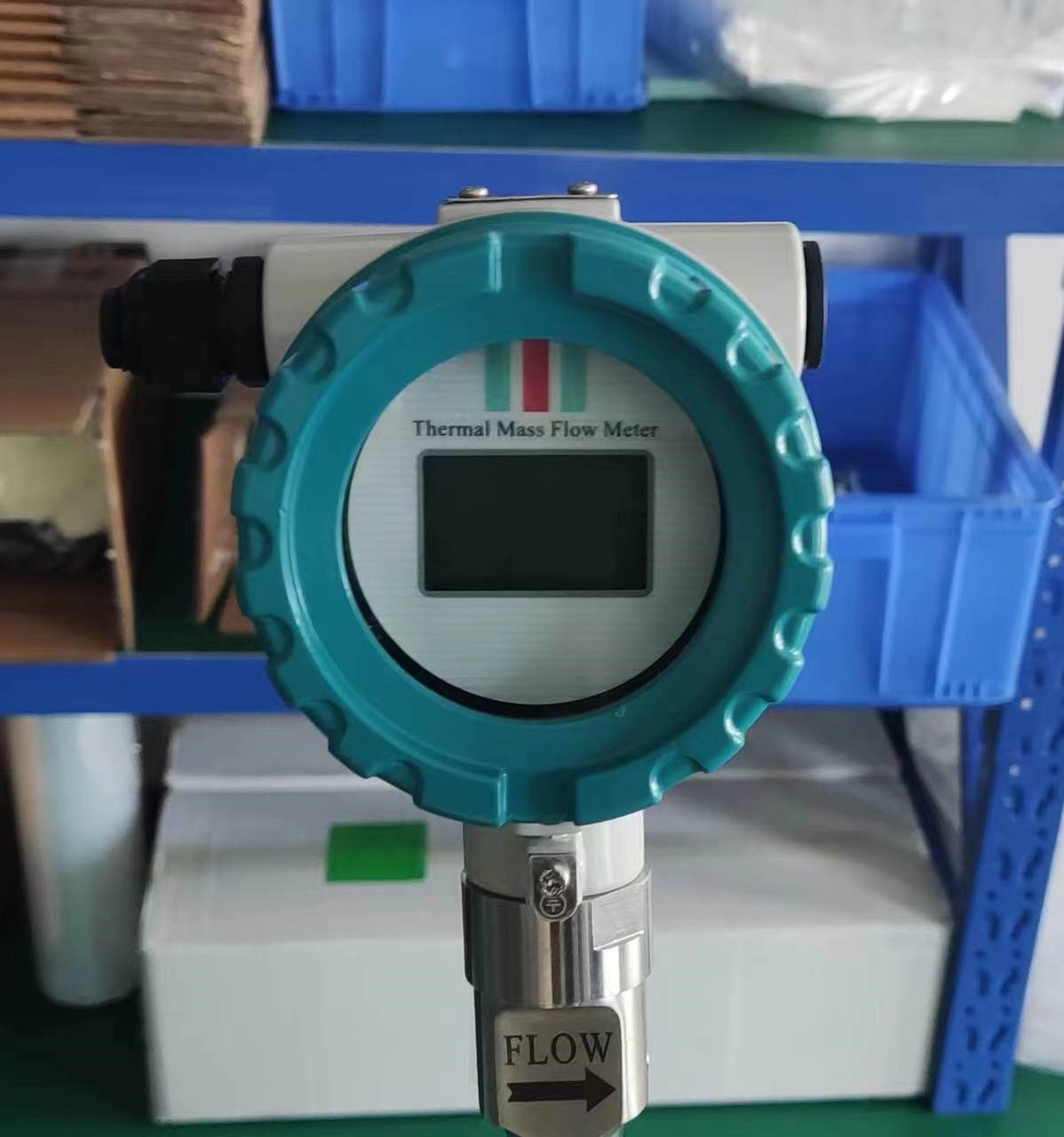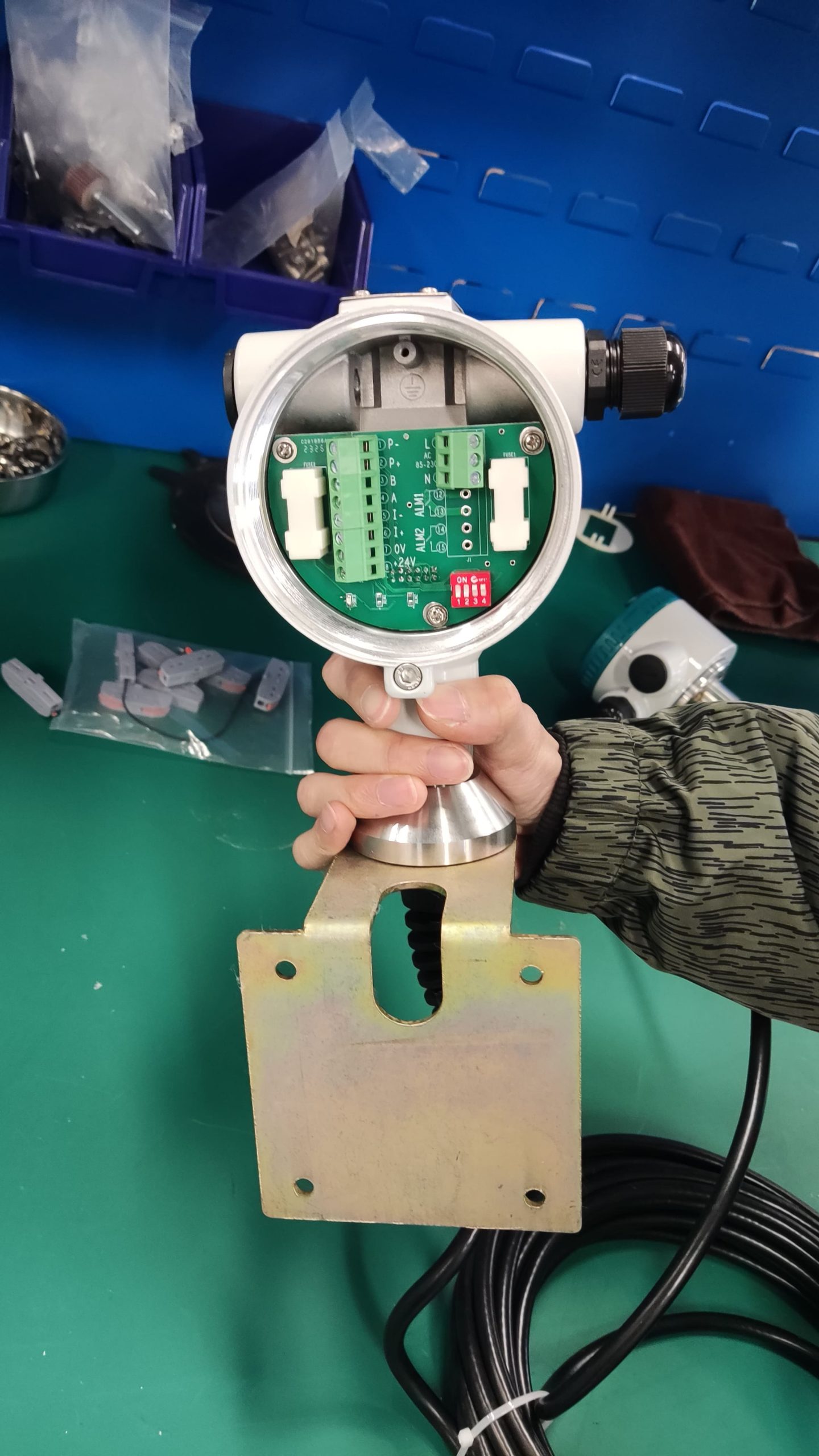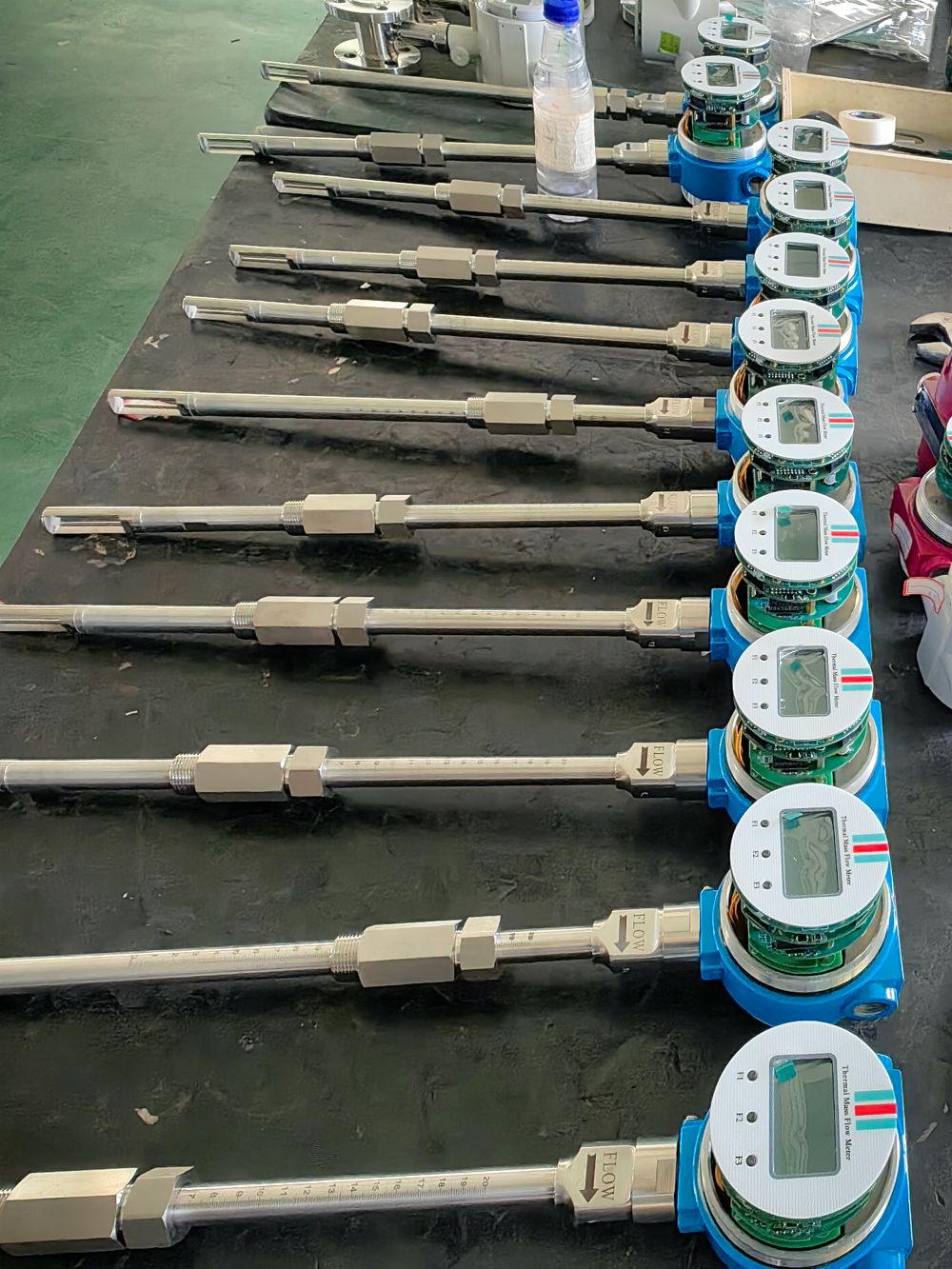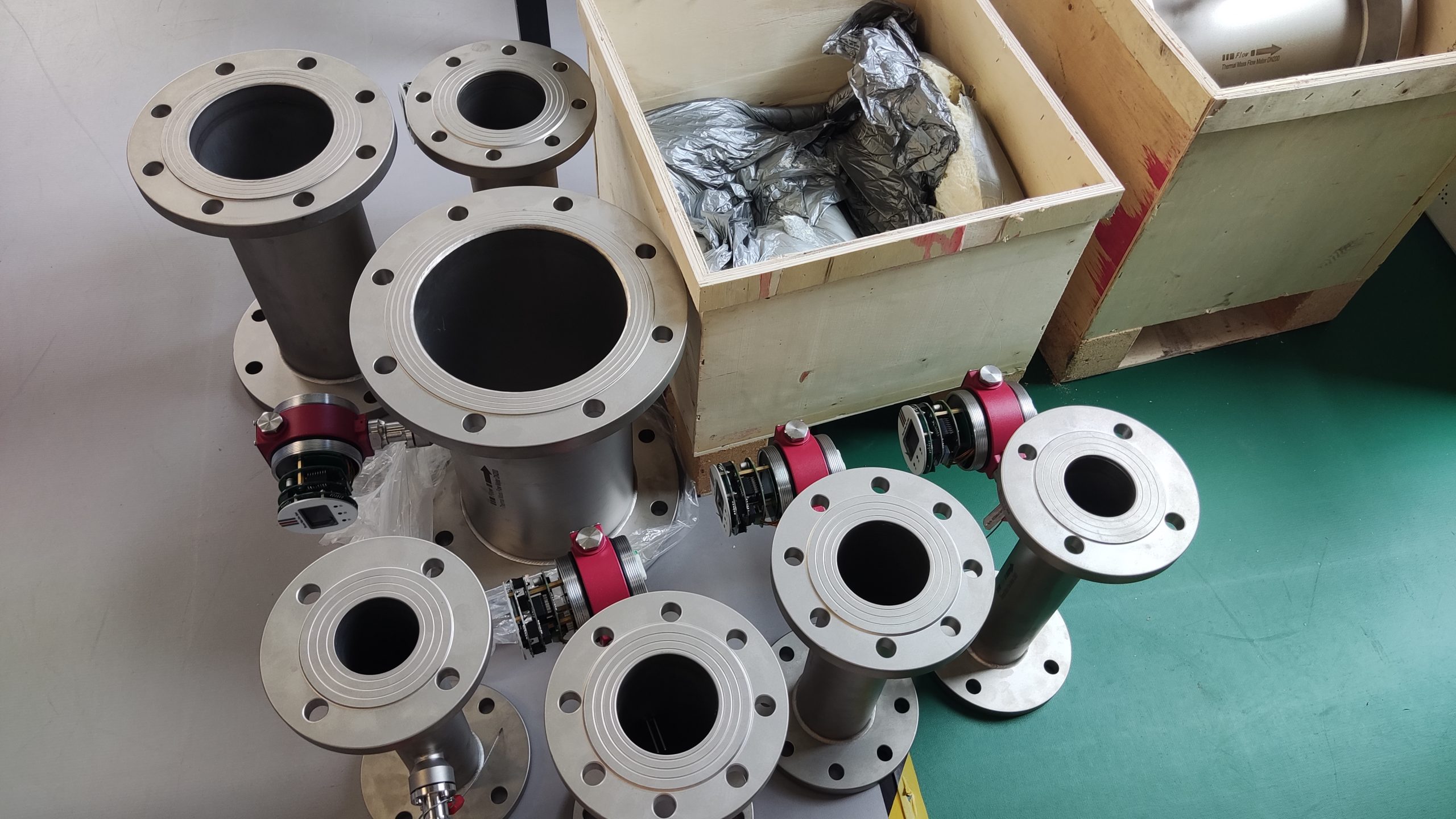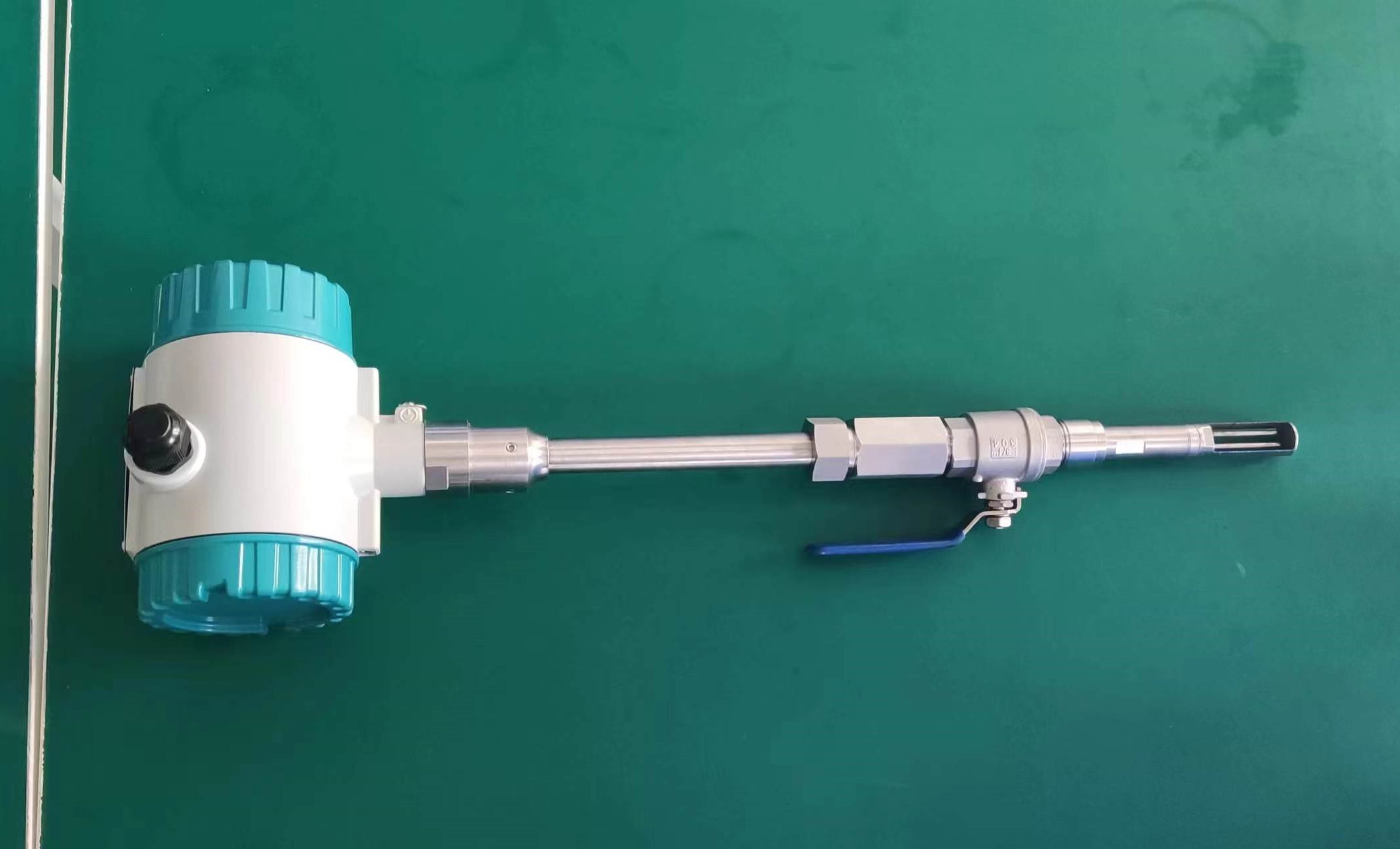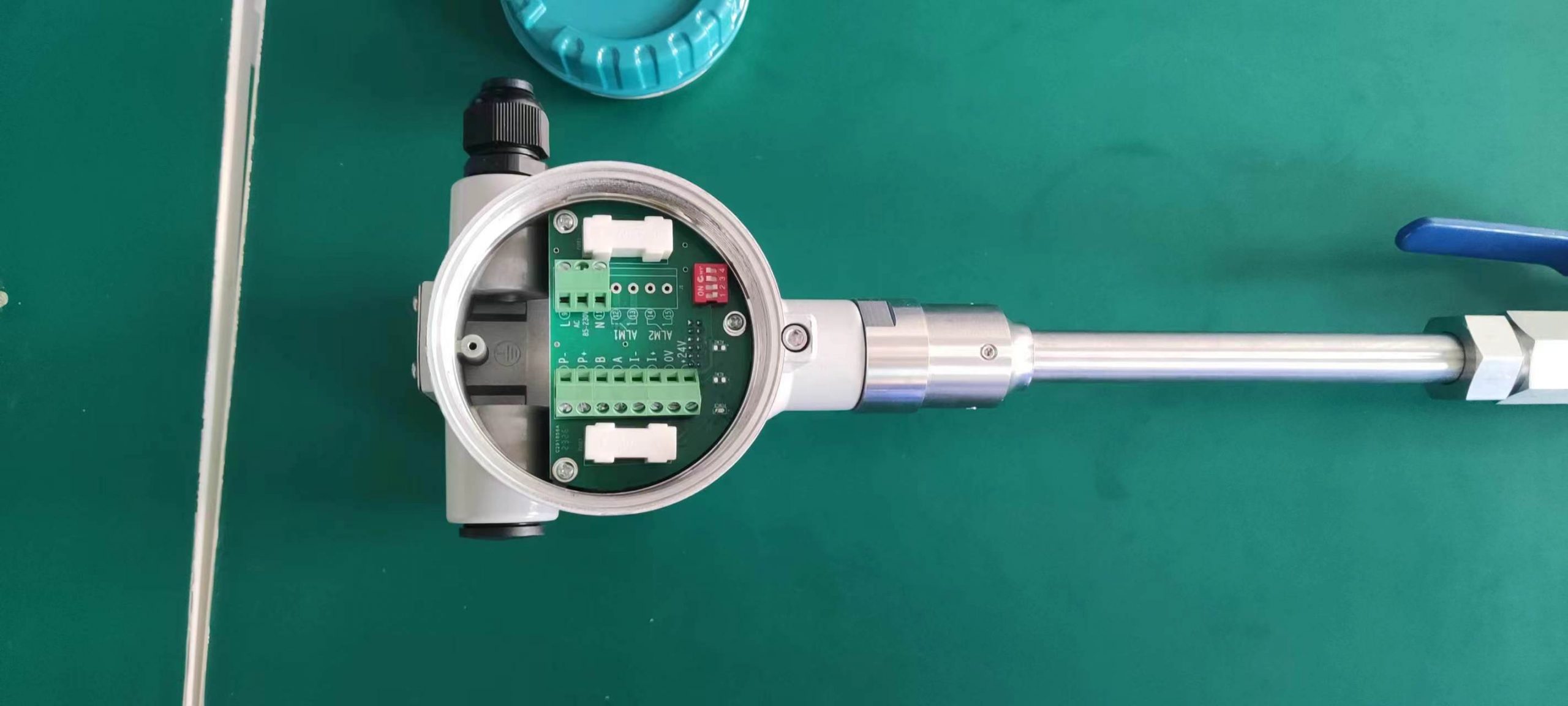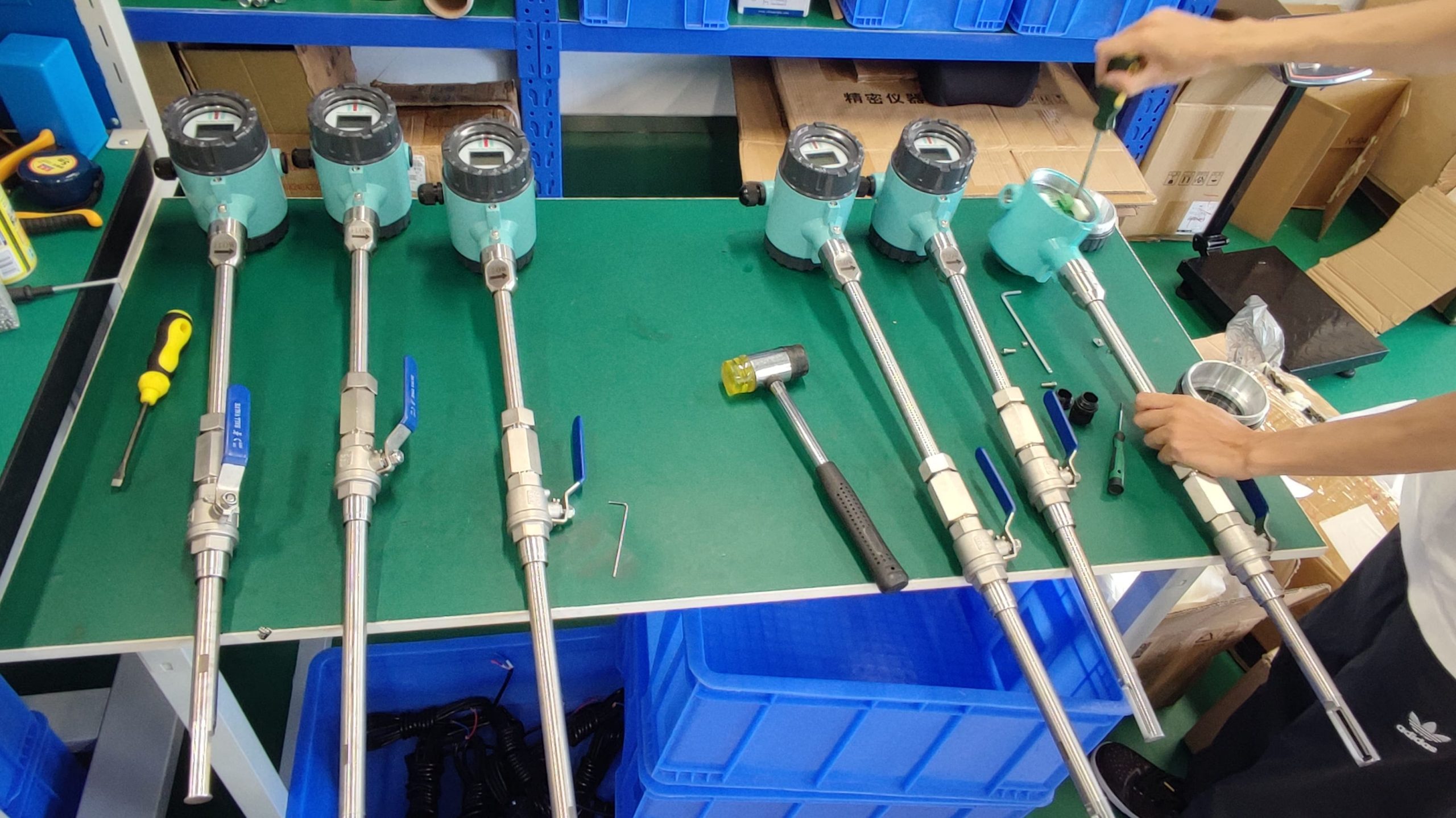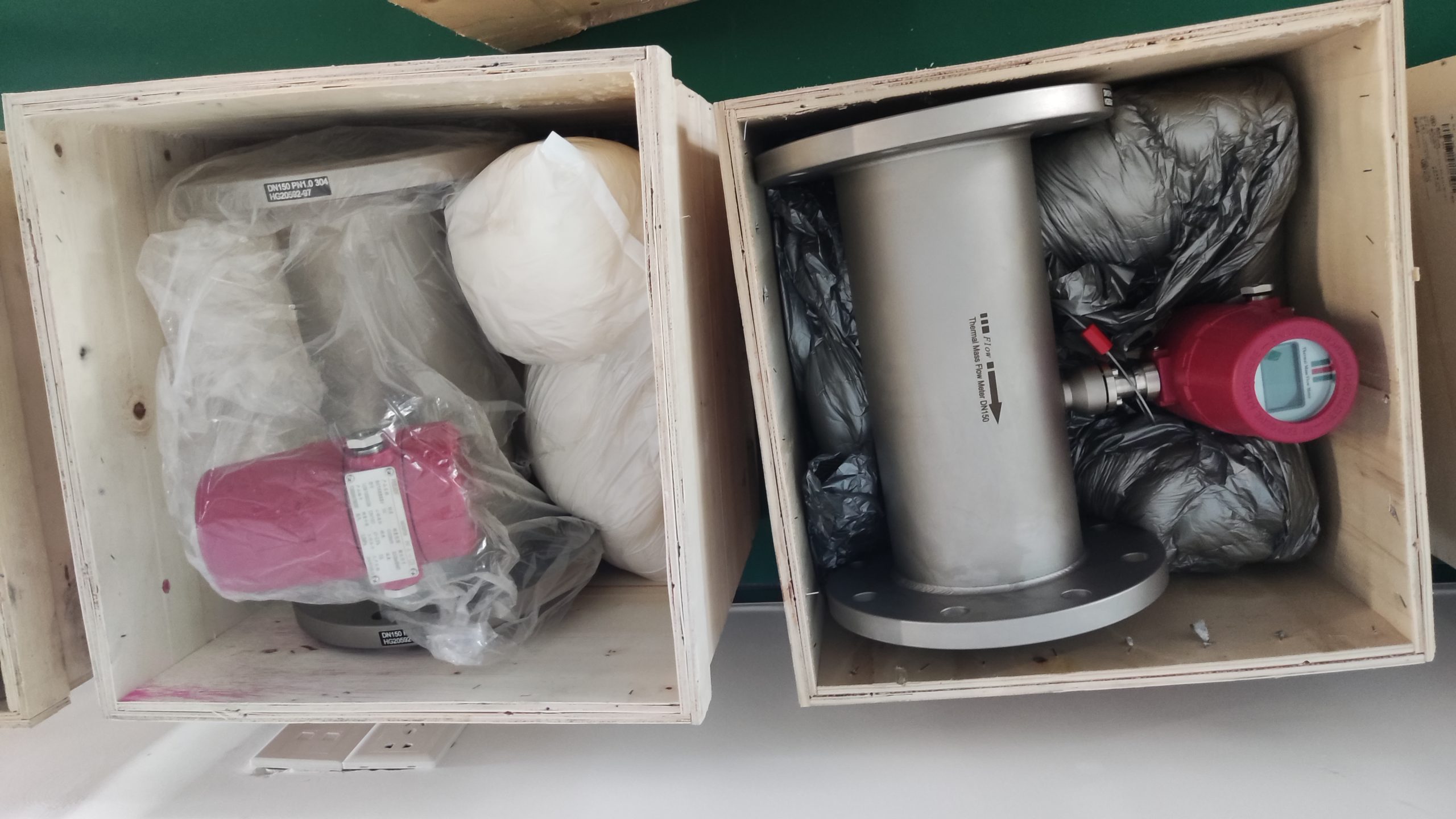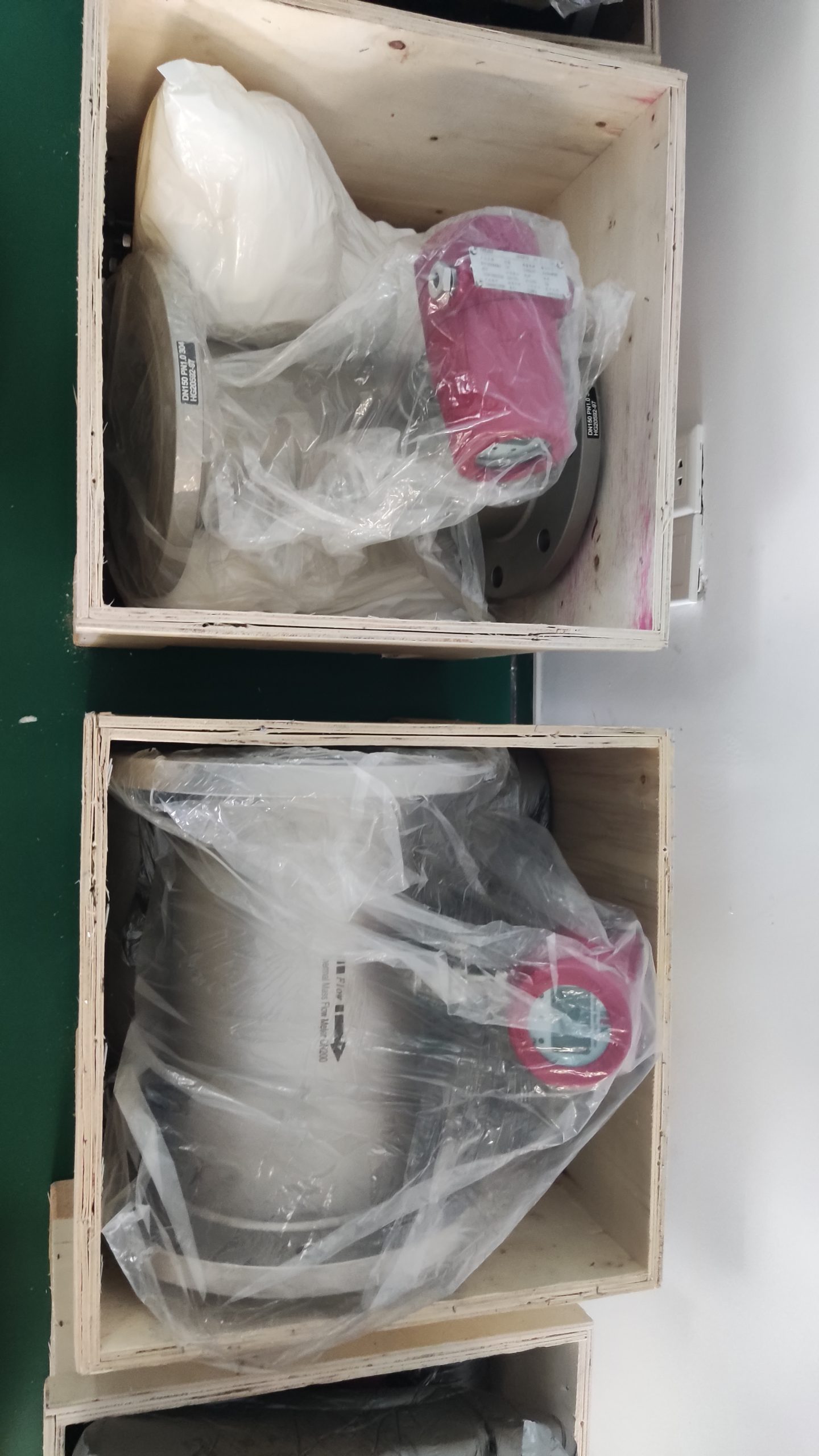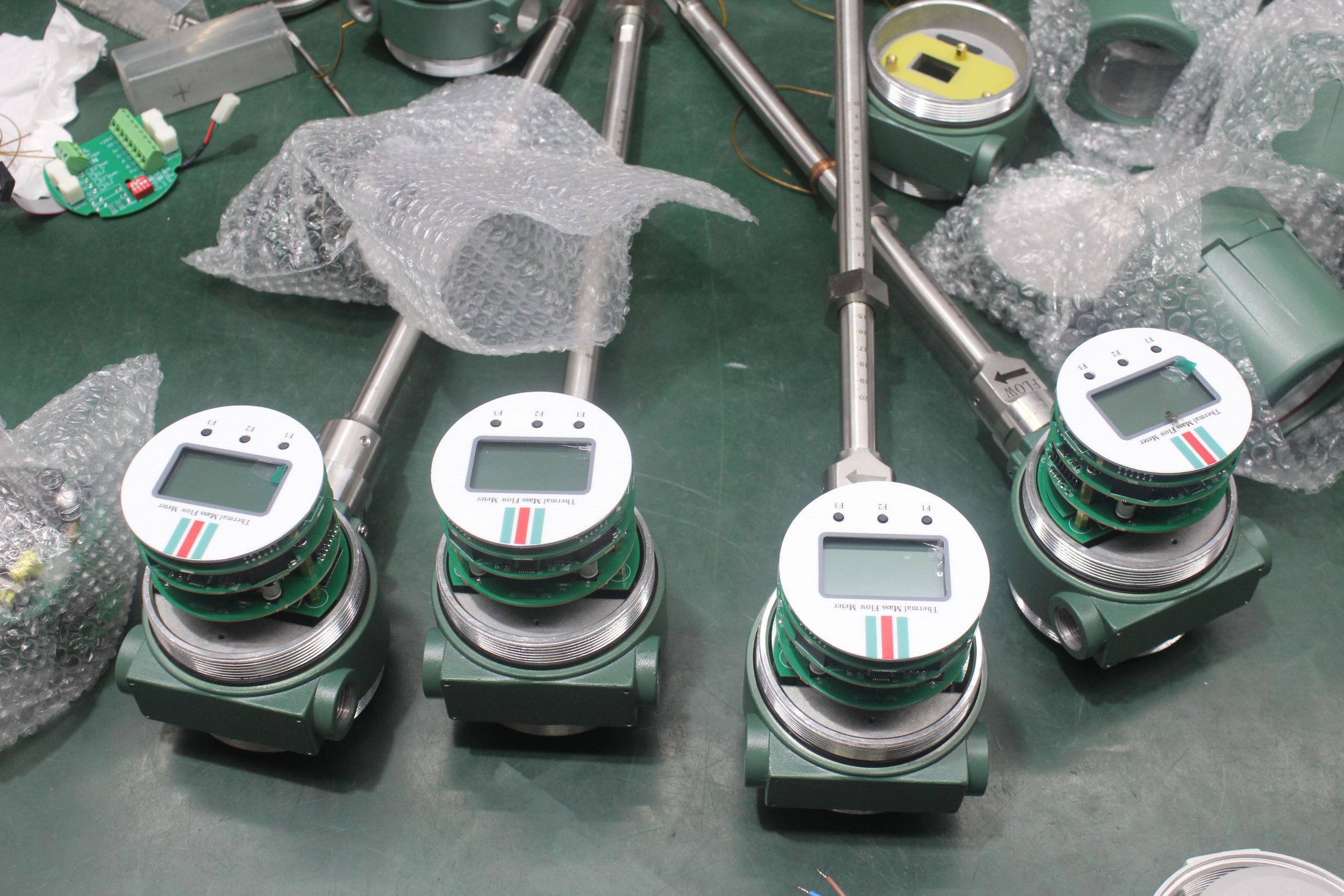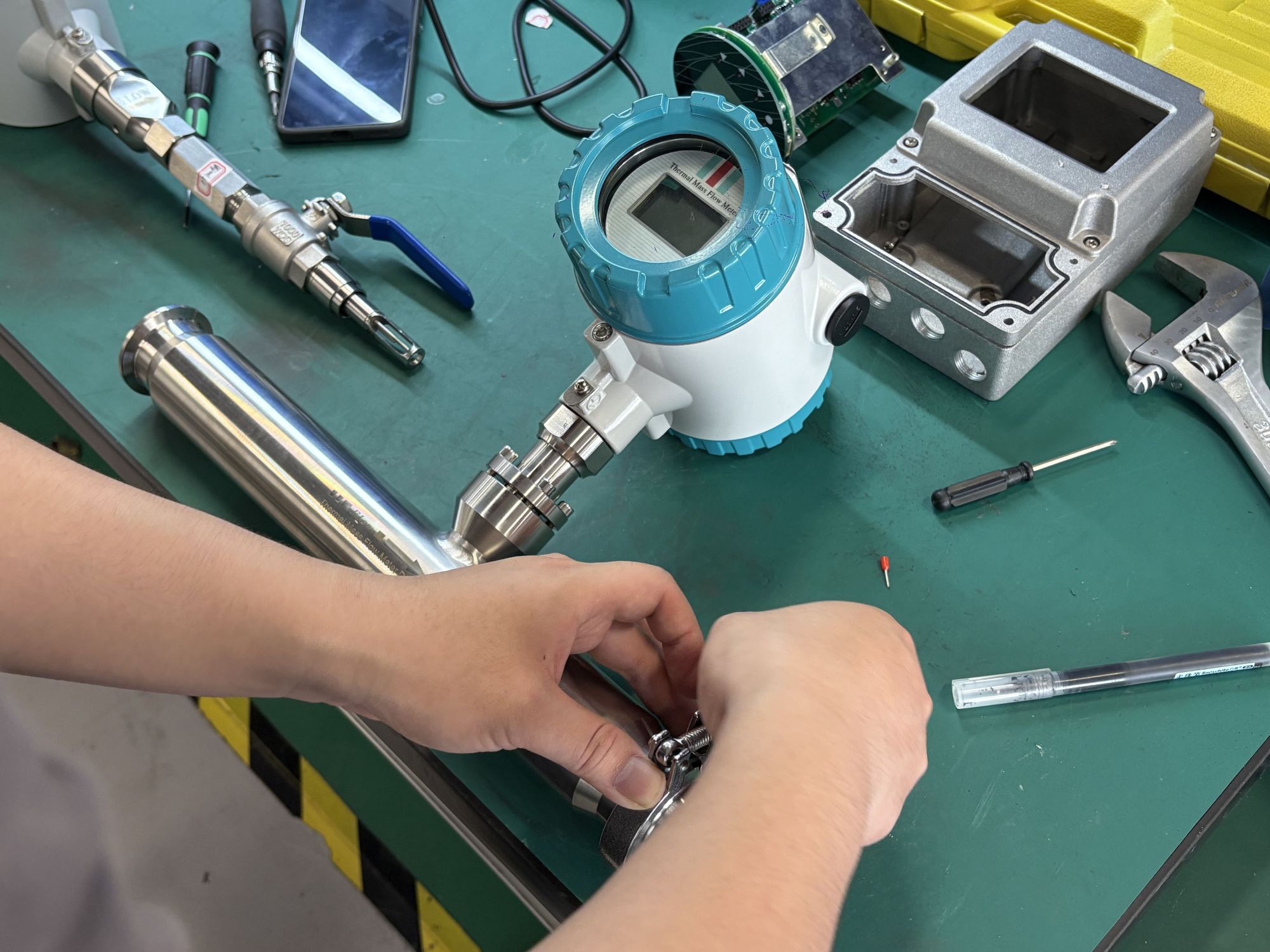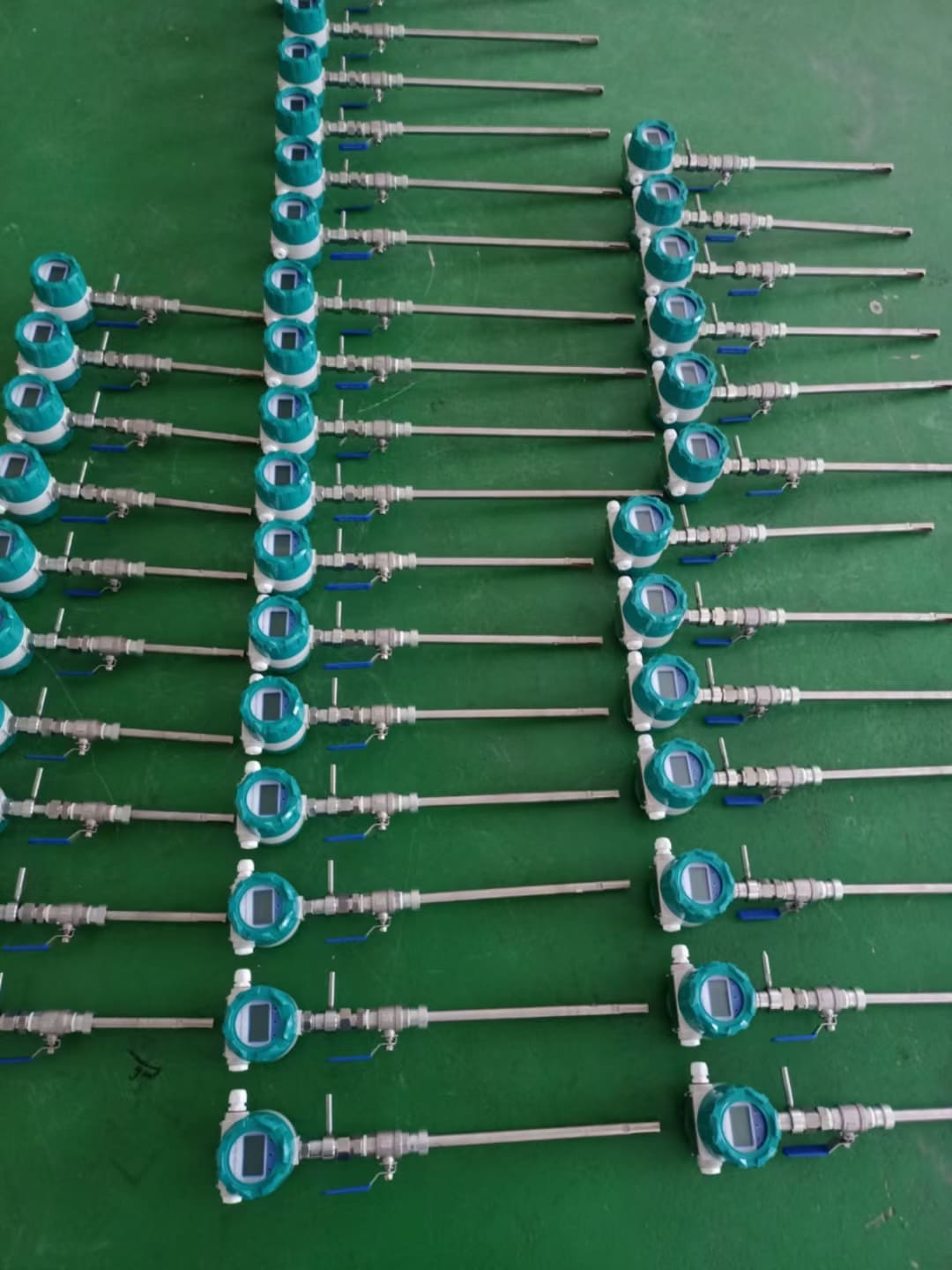Application and selection of thermal gas mass flow meter in pipeline gas
In order to solve the problem of leakage caused by poor measurement accuracy or inability to measure below the lower limit of the instrument, a new type of thermal gas mass flowmeter is developed based on the theory of forced convection heat transfer and the principle of hot wire anemometer. The sensitivity of the instrument is greatly improved and the dead zone of the instrument is reduced by using microfilament structure in the sensitive element and the velocity measuring heating element.
Because the gas medium is special and there are many influencing factors, the real flow calibration is adopted. Through a large number of real flow calibration experiments, the influence of gas thermal conductivity on calibration results is analyzed, and a new compensation method is proposed. Through the experimental test, the thermal mass flowmeter can achieve almost zero lower limit, which effectively solves the problem of gas metering leakage.
The main difficulty of pipeline gas flow measurement is that the measurement accuracy of flow below the lower limit is poor or can not be measured by existing metering instruments, which causes the problem of small flow leakage. This is because some of the industrial flowmeters used for pipeline gas measurement, due to their own more applications in industry is in the process industry, and the flow rate in the process industry has a range of changes. For example, a differential pressure flowmeter (such as elbow pipe, neventuri pipe, Anuoba flowmeter, etc.) generally has an upper and lower limit ratio of only 3:1, and the flow below the lower limit can not be accurately measured or can not be measured.
Used to measure the gas flow more mature instrument and orifice plate flowmeter, this flowmeter is the only in the world without real flow calibration, can realize the gas flow measurement instrument through calculation, and China has also developed its own national standard according to the international standard combined with our country’s situation. No need for real current calibration has brought great convenience to the promotion, but it requires strict compliance with the standard provisions when used, and deviation from the standard should be corrected.
Unknowable deviations and problems in installation and use will bring great uncertainty. Another problem is the range of the orifice flowmeter, which is only allowed to be used in the range of 3:1 according to the standard, which again brings difficulties to the measurement of pipeline gas with a large range of flow changes. At present, the vortex flowmeter is also used for the measurement of pipeline gas, but the vortex flowmeter has strict requirements on the flow rate, which must ensure that the accuracy of the meter is above 6 m/s, and the accuracy of the meter is not determined when it is below 6 m/s, or it does not indicate the flow rate, and the leakage phenomenon is more obvious. In recent years, the ultrasonic flowmeter, which has been mature in liquid measurement, has been used in pipeline gas metering because it solves the technical problems of low transmission and reception efficiency of the transducer.
As a new instrument to measure and control the mass flow of gas, thermal gas mass flowmeter is used in the monitoring of gas, natural gas, preheated air and flue gas in petroleum, chemical industry, metallurgy, electric power and other industrial sectors, but it is cost-effective. Although the thermal gas mass flowmeter does not have the advantages of other flowmeters in industrial pipeline gas measurement, it is not very common in domestic application.
Based on the theory of heat transfer and the principle of thermostatic hot wire tachometer, a thermal mass flowmeter for pipeline gas measurement is developed and its real flow calibration device is established. In the calibration process of this kind of hot gas mass flowmeter, a compensation method is proposed to solve the problem that the thermal conductivity of gas is seriously changed due to the different temperature of pipeline gas, which affects the calibration result.


